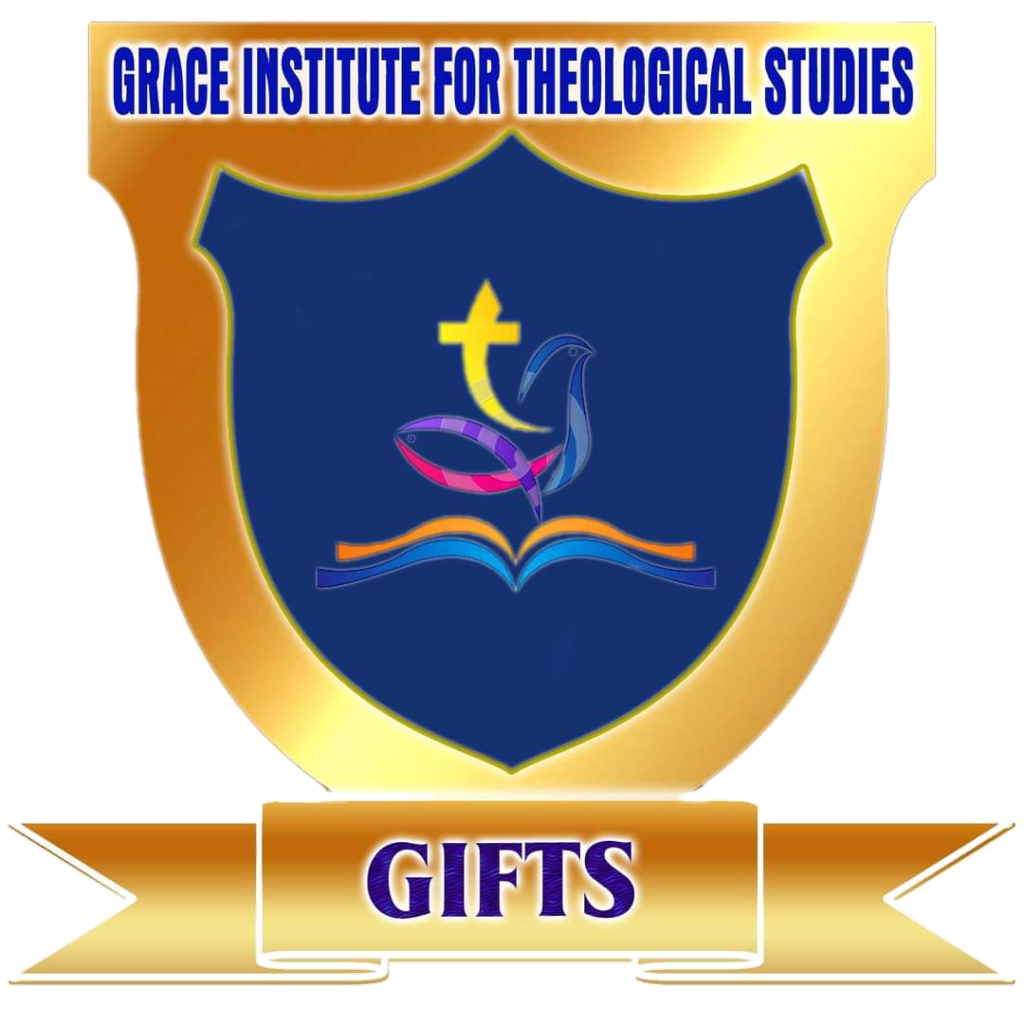Diploma in Theology
A Diploma in Theology is a more advanced program compared to a certificate, typically aimed at providing a deeper understanding of Christian theology and preparing individuals for various roles in ministry, teaching, or further academic study. It usually involves a broader and more in-depth exploration of theological concepts and practical ministry skills.
Duration:
- Typically ranges from 1 to 2 years, depending on the institution and whether the study is full-time, part-time, or online.
Entry Requirements:
- High school diploma or equivalent.
- Some programs may require completion of a Certificate in Theology or Christian Ministry, or relevant ministry experience.
- A statement of faith or recommendation from a church leader might also be required.
Course Content:
The curriculum usually includes a combination of core theological studies and practical ministry training. Typical courses may include:
- Advanced Biblical Studies: In-depth study of the Old and New Testaments, focusing on historical, literary, and theological aspects. This often includes exegesis and hermeneutics (interpretation of biblical texts).
- Systematic Theology: Comprehensive examination of Christian doctrines, such as the nature of God, Christ, salvation, the Holy Spirit, the church, and eschatology. This course often builds on foundational theology and delves into more complex issues.
- Church History: Detailed study of the development of the Christian church from the early church period to the modern era. This course explores significant events, movements, and figures that have shaped Christian history.
- Christian Ethics: Exploration of moral principles and ethical issues from a Christian perspective. This may include discussions on contemporary moral dilemmas and how they are addressed within a Christian framework.
- Practical Theology: Application of theological principles to practical aspects of ministry. This may include courses on preaching, pastoral care, counseling, and church leadership.
- Missiology: Study of the mission of the church, including strategies for evangelism, global missions, and understanding different cultural contexts for ministry.
- Spiritual Formation: Focus on personal spiritual development and practices that support growth in faith and ministry effectiveness.
- Research and Writing: Development of skills in theological research and academic writing. This may include a research project or thesis.
Assessment Methods:
- Assessments often include written assignments, exams, presentations, practical ministry projects, and a final research project or thesis.
Mode of Study:
- Available in various formats: on-campus, online, or hybrid. Flexible options may be available to accommodate working professionals or those involved in ministry.
Career and Ministry Opportunities:
- Graduates can pursue roles such as pastors, ministry leaders, educators, or counselors. The diploma also serves as a solid foundation for further theological education, such as a Bachelor’s or Master’s degree in Theology or Divinity.
Accreditation and Recognition:
- It is essential to choose a program that is accredited by a recognized theological accrediting body to ensure the quality of education and its acceptance in various ministry and academic contexts.
Practical Experience:
- Some programs may include practical ministry components, such as internships or field placements, to provide real-world experience.
